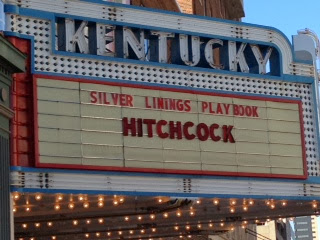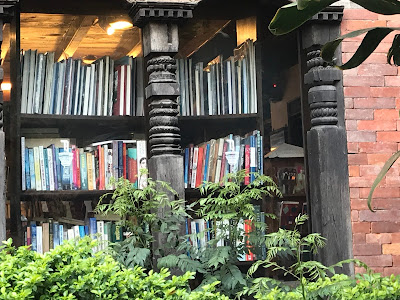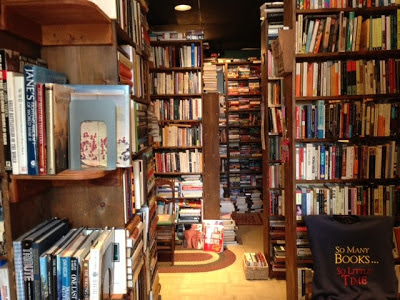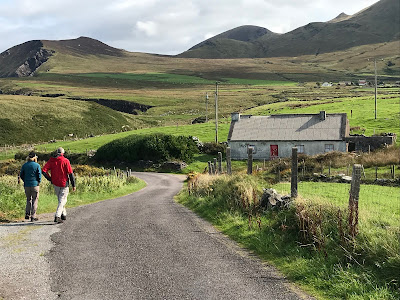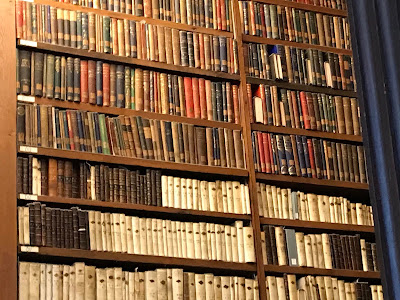Good Fortune
Though I call this blog A Walker in the Suburbs, my feelings about suburbs are decidedly mixed. I appreciate the greenswards, the sound of spring peepers in the night air, downy woodpeckers at the bird feeder. I chafe at the driving culture, the isolation, the lack of community.
Alice Outwater’s Wild at Heart (mentioned last week, too) is reminding me why the suburbs once seemed like Shangri-La. In the late 19th-century, human waste was stored in cesspits and removed by horse-drawn wagons. The horses that pulled those wagons produced millions of pounds of manure, which collected in the streets.
“In 1900 there were well over 3 million urban horses in the U.S., and those city horses deposited enough manure to breed billions of flies, each one a potential vector for disease,” Outwater writes.
No wonder people moved out of the cities into what must have seemed like heaven. Grass, trees, manure that was manageable. Walking Copper this morning, I reflected on my good fortune.


